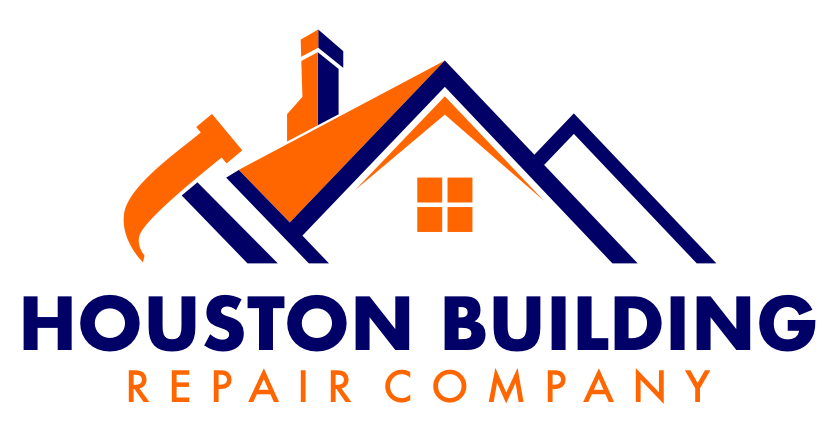Flat Roofing vs Pitched Roofs: Weighing the Advantages and Drawbacks
When it comes to roofing choices, the decision between flat and pitched roofs can be a significant one. Each type offers its own unique set of advantages and drawbacks, making it crucial to understand the differences before embarking on a construction or renovation project. In this article, we’ll dive into the world of flat roofing versus pitched roofs, exploring their distinguishing characteristics, benefits, and potential drawbacks.
Imagine you’re standing in front of two buildings – one with a sleek, horizontal flat roof and the other adorned with a classic, sloping pitched roof. At first glance, the differences may seem merely aesthetic. However, the choice between flat and pitched roofs goes beyond visual appeal, affecting factors like durability, maintenance, energy efficiency, and even interior space utilization.
As we delve deeper into this topic, you’ll gain a comprehensive understanding of the pros and cons of each roofing style, enabling you to make an informed decision that aligns with your specific needs and preferences.
Flat Roofs: Simplicity and Versatility
Flat roofs, also known as low-slope or horizontal roofs, have been a popular choice for both residential and commercial buildings. Their minimalistic design and clean lines offer a modern and contemporary aesthetic that appeals to many architects and homeowners.
Advantages of Flat Roofs
- Additional Usable Space: One of the most significant advantages of flat roofs is the potential for creating additional usable space. They can be transformed into rooftop decks, gardens, or even recreational areas, providing a unique outdoor living experience.
- Cost-Effective Construction: Flat roofs generally require fewer materials and less labor compared to pitched roofs, making them a more cost-effective option, especially for larger buildings or structures with expansive roof areas.
- Easier Maintenance and Access: With their horizontal surface, flat roofs offer easier access for maintenance, repairs, and the installation of equipment such as HVAC systems or solar panels.
Potential Drawbacks of Flat Roofs
- Drainage Challenges: Proper drainage is crucial for flat roofs to prevent water pooling, which can lead to leaks and potential structural damage. Careful design and installation of drainage systems are essential to ensure the longevity and integrity of the roof.
- Limited Insulation Capacity: Flat roofs typically have less space for insulation compared to pitched roofs, potentially leading to higher energy costs for heating and cooling.
- Shorter Lifespan: Flat roofs can have a shorter lifespan compared to pitched roofs, as they are more susceptible to weathering and UV exposure. Regular maintenance and timely repairs are necessary to extend their lifespan.
Pitched Roofs: Traditional Beauty and Functionality
Pitched roofs, also known as sloped or angled roofs, have been a staple in architectural design for centuries. Their sloping surfaces not only add visual interest but also serve practical purposes, such as shedding water and snow more effectively.
Advantages of Pitched Roofs
- Superior Drainage: The sloped design of pitched roofs allows for efficient water runoff, reducing the risk of water pooling and minimizing the chances of leaks and potential damage.
- Enhanced Energy Efficiency: Pitched roofs provide greater insulation capacity, as their attic spaces can accommodate thicker insulation layers. This can lead to improved energy efficiency and lower heating and cooling costs.
- Aesthetic Appeal: Pitched roofs offer a wide range of design possibilities, from classic gable roofs to intricate hip and valley configurations, allowing homeowners and architects to create visually stunning and distinctive structures.
Potential Drawbacks of Pitched Roofs
- Higher Construction Costs: The complexity of pitched roofs often results in higher material and labor costs compared to flat roofs, particularly for larger or more intricate designs.
- Limited Usable Space: Unlike flat roofs, pitched roofs generally do not provide additional usable space, as the sloped surfaces may not be suitable for recreational or functional purposes.
- Maintenance Challenges: Pitched roofs can be more difficult to access for maintenance and repairs, especially for steeply sloped or multi-level designs, potentially increasing safety risks and costs.
Choosing the Right Roofing Style
When deciding between flat roofing and pitched roofs, it’s essential to consider your specific needs, preferences, and the local climate conditions. Factors such as building type, intended use, budget, and aesthetic preferences should all play a role in your decision-making process.
For instance, flat roofs may be more suitable for commercial buildings, where the additional usable space could be beneficial for rooftop installations or outdoor areas. On the other hand, pitched roofs are often preferred for residential properties, providing a classic and timeless look while offering superior drainage and insulation capabilities.
Ultimately, whether you opt for a flat or pitched roof, proper installation, regular maintenance, and adherence to local building codes are crucial for ensuring the longevity and performance of your chosen roofing system.
The Final Consideration
In the age-old debate of flat roofing versus pitched roofs, there is no one-size-fits-all solution. Both styles offer unique advantages and potential drawbacks, and the decision ultimately depends on your specific needs, preferences, and the characteristics of your building project.
By carefully weighing the factors discussed in this article, you can make an informed choice that not only enhances the aesthetic appeal of your structure but also ensures its functionality, durability, and energy efficiency for years to come.
The key to a successful roofing project lies in understanding the nuances of each roofing style and working with experienced professionals who can guide you through the process, from design to installation and maintenance.
Call Today for Expert Flat Roofing Services!
Need flat roofing or any kind of roofing? Call us now at Houston Building Repair. Our best roofers provide exceptional services for commercial properties in Houston, Texas. Schedule your consultation today!


